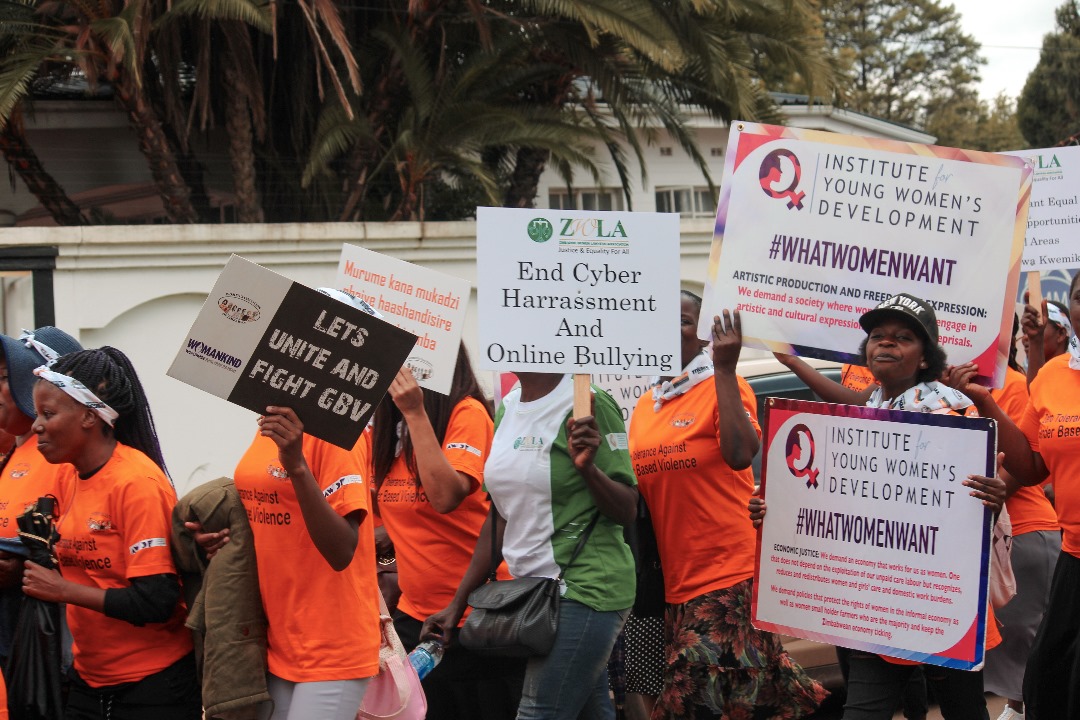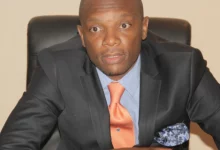Young Women Demand Gender-Responsive Social Services to Combat GBV

By Lovejoy Mutongwiza
As the world marks the 16 Days of Activism Against Gender-Based Violence (GBV), young women are raising their voices to demand gender-responsive social services (GRSSD).
Through the #WhatWomenWant campaign, spearheaded by the Institute for Young Women’s Development (IYWD), they are shining a light on how the lack of adequate services contributes to GBV and urging local authorities to prioritize accountability and transparency in service delivery.
For many women, the daily struggle to access basic resources like water, healthcare, and education exposes them to significant risks. “I have to walk several kilometers to fetch water for my family,” shared Onai Nyahunzvi, a woman from Bindura. “The path is lonely and unsafe, especially after dark. It’s terrifying to know that I could be attacked at any time, but I don’t have a choice.”
This scenario is not unique. Countless young women face similar dangers, and their vulnerability is exacerbated by inadequate infrastructure, poor lighting, and the absence of safe public spaces. These gaps in service delivery perpetuate cycles of violence and leave women to bear the brunt of systemic neglect.
During amarch organized by the Women’s Coalition of Zimbabwe (WCOZ), which was a call to action to end GBV and a declaration of solidarity with survivors, Nancy Likiripa,Programs Associate at IYWD,, emphasized the importance of gender-responsive policies.
“Our local governments must listen to the voices of young women,” she said.
“Access to clean water, safe transportation, and health services isn’t a privilege—it’s a right. When these services are not provided, women are placed at greater risk of violence and exploitation.”
The #WhatWomenWant campaign not only highlights these issues but also calls for a shift in governance priorities.
It demands that local authorities actively involve young women in decision-making processes, ensuring that public resources address their needs.
Young women are also advocating for transparency in budget allocations and monitoring systems to ensure that funds meant for social services are used effectively.
“We see resources allocated on paper but not in practice,” noted Panashe Chikono, “We need our leaders to be held accountable for their promises.”
As part of the campaign, IYWD is providing platforms for young women to share their experiences and propose solutions. From storytelling sessions to policy dialogues, the initiative amplifies their voices and calls on leaders to act.
The message is clear: gender-responsive social services are not optional; they are essential to building communities where women and girls can live free from violence.
With collective action and sustained advocacy, young women hope to transform the systems that have long failed them, ensuring safety, dignity, and equality for all.
“Together, we can create a society where no woman has to fear for her safety just to access basic services,” Nancy concluded.









